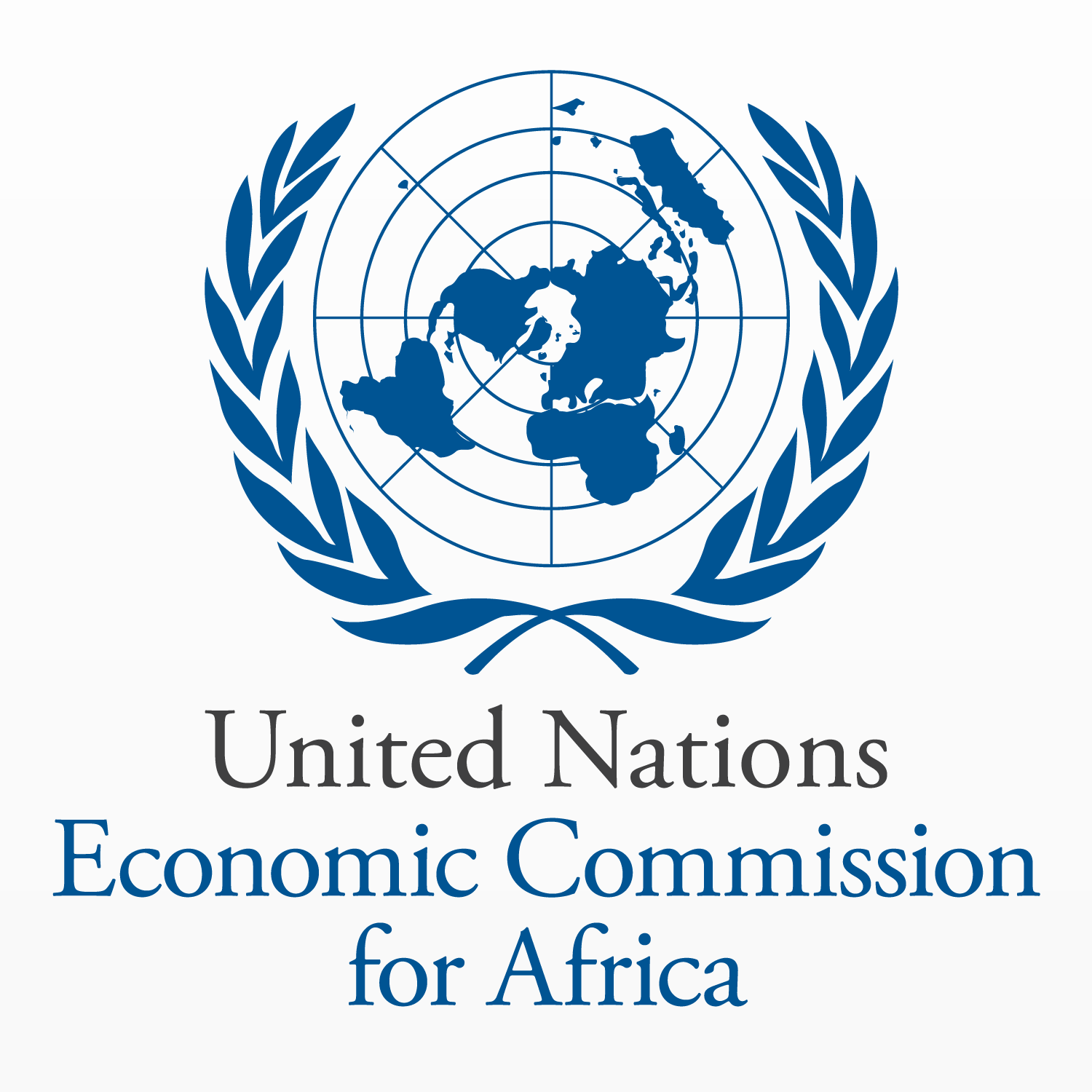Africa’s Economic Downturn Affects Continent’s Progress in Implementing SDGs - ENA English
Africa’s Economic Downturn Affects Continent’s Progress in Implementing SDGs

Addis Ababa March 3/2021 (ENA) Africa has been faced challenges in security and illicit financial flows in addition to the pandemic which negatively impacted on the continent’s efforts to achieve the goals of the 2030 and 2063 Agendas, according to UNECA.
According to the statement from United Nations Economic Commission for Africa (UNECA), before the onset of the deadly COVID-19 pandemic, Africa was recording positive growth rates but not enough to achieve the Sustainable Development Goals.
The UNECA’s Acting Director of the Macro-economic and Governance Division, Bartholomew Armah said this while giving a progress report on the implementation of Agendas 2030 and 2063, and tackling the COVID-19 crisis at the regional and sub-regional levels at the on-going 7th African Regional Forum for Sustainable Development.
Indicators such as fiscal deficits, rising debt and remittances which are estimated to fall by 20 percent because of COVID-19, are putting pressure on struggling African countries.
In addition to the pandemic, Africa faced challenges in security, illicit financial flows, among others, all which negatively impacted on the continent’s efforts to achieve the goals of the 2030 and 2063 Agendas.
Both agendas had identical pillars in the Africa Sustainable Development Report, which was prepared by the UNECA, the African Union Commission (AUC), the African Development Bank (AfDB) and UNDP.
The report sought to provide integrated reporting on the performance of both agendas.
The interlinked pillars looked at in Agenda 2030 were Climate, People, Prosperity, Partnerships and Peace; and in the 2063 Agenda, Partnerships, and Peace and Governance, Improved Living Standards, Transform Inclusive and Sustain Double Economy, an Integrated Africa, and Youth and Gender Empowerment.
“The progress in the area of economic growth and poverty reduction has slowed in the recent decade. This has not taken into full account what COVID-19 has done to economies,” Armah said.
According to the statement, while life expectancy increased from 57 years in 2010 to 61 years in 2018 and maternal and under five mortality rates have declined, they still remain 2.6 percent higher than global average.
Armah further said in peace and security, there has been some retrogression. Some 74 percent of African countries face major challenges in achieving SDG 16, while 23 percent face significant challenges from complex terrorism to insurgency.
In the area of corruption, Africa fared worse than other parts of the world on the corruption perception index, it was indicated.